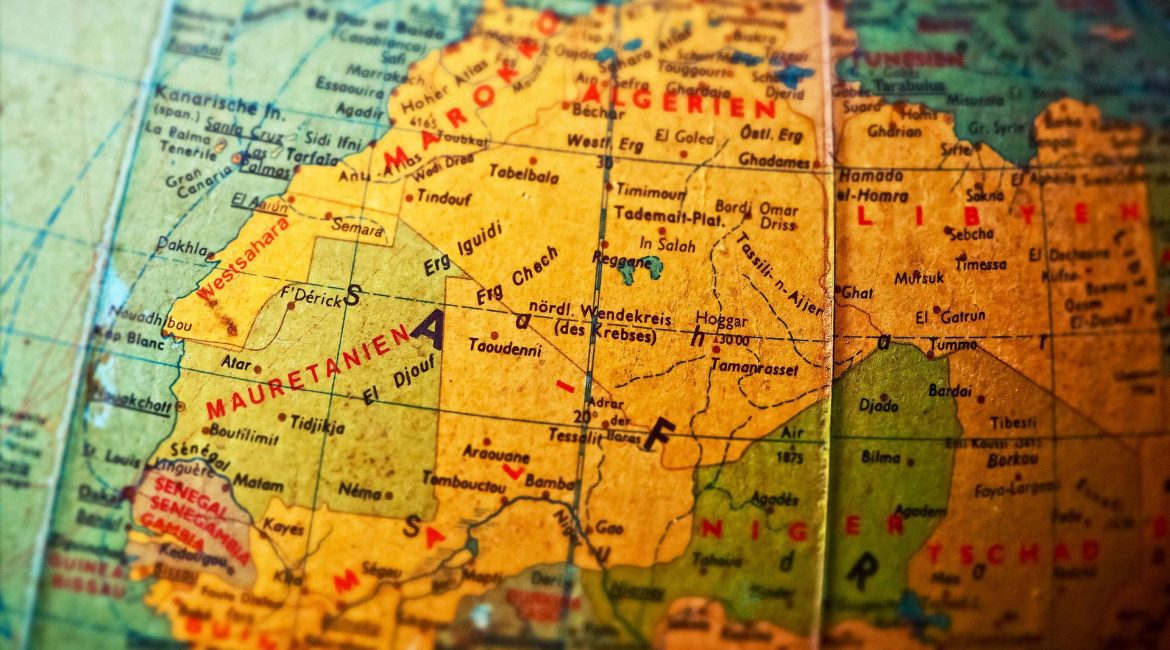The consequences of Russia's invasion of Ukraine are particularly severe in the Middle East and North Africa, and not just because of the importance of Gulf oil producers, as the war has disrupted global energy markets.
Food security was already at risk in the region before the war, as it relies heavily on food imports from Russia and Ukraine, especially wheat. The biggest fractures that the war has revealed in US foreign policy also concern some of Washington's closest allies in the Middle East.
With few exceptions, Muslim states in the Middle East have generally reacted cautiously to the current war in Ukraine. The vast majority of Arab countries, as well as Turkey, have refrained from condemning Russia's invasion or siding with Ukraine, a US and Western ally.
Several Arab countries – Egypt, United Arab Emirates, Saudi Arabia, Tunisia, Bahrain, Oman, Lebanon, Libya, Kuwait and Qatar – as well as Turkey voted in favor of a United Nations General Assembly resolution condemning Russia. Morocco was not present. The resolution passed by a margin of 141-5, with 35 abstentions.
As expected, Syria – Russia's main Arab ally in the Arab world – voted against. Iraq, Algeria and Sudan abstained. Iran also abstained, after urging Russia to withdraw "immediately" from Ukraine.
Prior to this resolution, the Arab world, Turkey and Iran had expressed concern about the humanitarian implications of the war and called for a peaceful resolution to the crisis. According to Ukraine, several thousand civilians have been killed so far. Efforts by Arab countries and Turkey to find the right balance were aimed at not offending either Russia or Ukraine. Israel has adopted the same carefully calibrated policy of neutrality. At the United Nations, however, Israel voted with a majority of the 193 member states against Russia.
The caution displayed by Muslim states was understandable. Several Arab countries, including Egypt and Iraq, depend on Russian and Ukrainian wheat exports and Russian arms and ammunition. Turkey has forged particularly close commercial and military ties with Ukraine and Russia. Iran, which is allied with Russia in supporting the regime of Syrian President Bashar al-Assad, has tended to lean towards the position of the Russian government.
On February 28, 2022, four days after Russia invaded Ukraine, the 22-member Arab League in Cairo issued a statement on the Russia-Ukraine war. Pleading for restraint and calling for a diplomatic solution, the Arab League noted “the importance of respecting the principles of international law". This could be seen as an implicit criticism of Russia's violation of Ukraine's borders.
The United Arab Emirates joined China and India in abstaining on a United Nations Security Council resolution demanding Russia's immediate withdrawal from Ukraine.
Lebanon's foreign ministry blasted Russia, condemning the "invasion of Ukrainian territory" and calling for an immediate halt to Russian operations and a "return to dialogue and negotiations as the best way to find a solution."
Neither the Palestinian Authority, which rules parts of the West Bank, nor Hamas, which controls the Gaza Strip, condemned Russia. They remained conspicuously silent as Russian tanks and armored personnel carriers stormed into Ukrainian cities.
Hamas leader Khaled Mashaal reportedly urged Russia to “stop invading and killing civilians.” But the Hamas leadership denied the "fabricated" comments attributed to it, and issued a statement saying the United States' unique superpower status had ended.
Shortly after the outbreak of war in Ukraine, Iranian foreign minister Hossein Amirabdollahian called for a ceasefire and claimed the crisis was “originated by NATO provocations”.
Iran's Supreme Leader Ayatollah Khamenei echoed a similar theme. In a speech, he placed the blame for the current war on the United States and the West. The main cause of the war, he said, is rooted in the policies of Western powers. Without once mentioning Russia, he called Zelensky's government a "puppet state" of the West. Iran and Russia have important trade relations. And in Syria, they have allied themselves with the Syrian Armed Forces and Hezbollah to fight against Syrian rebels who are trying to overthrow the Assad regime.
Turkey, the only Muslim member of the NATO alliance, has sent mixed signals to Russia. Turkish President Recep Tayyip Erdogan sold armed drones to Ukraine and developed cordial ties with Zelensky. At the same time, he purchased the S-400 missile defense system from Russia, thus disqualifying Turkey from purchasing other F-35 stealth fighter jets from the USA.

